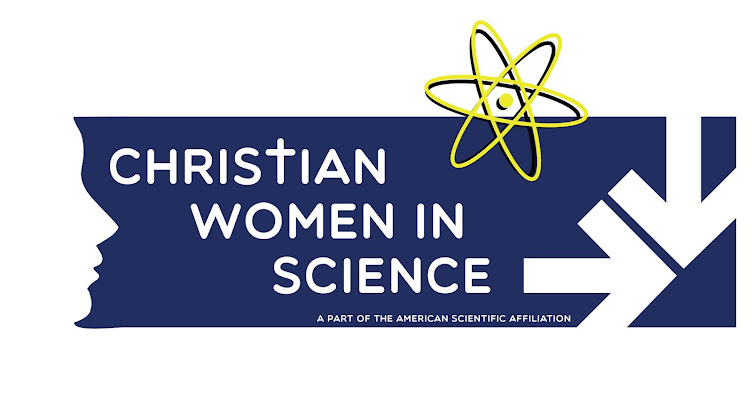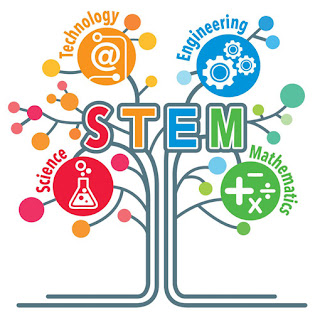If you are teaching STEM-related courses, congratulations because you are trailblazing a generation of engineers and technology experts. This is an opportunity to be at the forefront of something that could potentially shake up the job market in the years to come.
If you are looking for encouragement and advice, here are some tips that should help anyone who teaches a STEM-related course.
1. Integrate All Four STEM Subjects
As stated earlier, STEM combines four subjects: Science, Technology, Engineering, and Mathematics. As a STEM teacher, you should familiarize yourself with all these subjects and be ready to integrate them into your teaching methods. As a result, the students will get real-world, meaningful learning.
As a STEM educator, you help your students apply what they learn to real-life situations. You can do that by setting up practical lessons where their knowledge is tested, and they have to use what they have learned to solve real-life problems.
This should help them develop thinking, investigative, reasoning, and creative skills that should come in handy in this modern and technology-oriented world.
2. Have a Good STEM Curriculum
It can be relatively hard to find a STEM curriculum that has been set out by the relevant educational authorities, particularly because it doesn’t exist. However, several sites have put up agood and reliable STEM lesson guides.
One of the most popular and highly recommended ones is eFGI for Teachers. Here, you will find a variety of tools to boost your students’ math and science skills, as well as ideas on how to enliven the classroom with engineering projects.
They have lesson plans, class activities, outreach programs, and also web resources, among a host of other things that could guide you to make your STEM lessons as interactive and educative as possible.
Another site that offers good and reliable lesson guides is TeachEngineering. However, you must be cautious in the STEM teaching guides you use because not every guide that claims to be a STEM guide is actually a STEM guide.
Here are a few things you can use to determine if the guide is suited for STEM lessons.
A good STEM lesson is guided by the seven-step engineering design process in solving problems:
Focuses on real-world problems.
Provides for multiple right answers and reiterates the importance of failure as a part of learning.
Involves students in productive teamwork.
Teaches students to access reliability of information.
Helps students to develop critical thinking and ability to analyze data.
Applies rigorous math and science content.
Immerses students in hands-on inquiry and open-ended exploration.
Supports a teaching process that is mainly student-centered and inquiry-based.
Requires students to tap into their design skills and create a prototype of the solutions.
Using this checklist, you can now know which online teaching curriculum is good enough for you to use and can include in your STEM teacher preparation.


